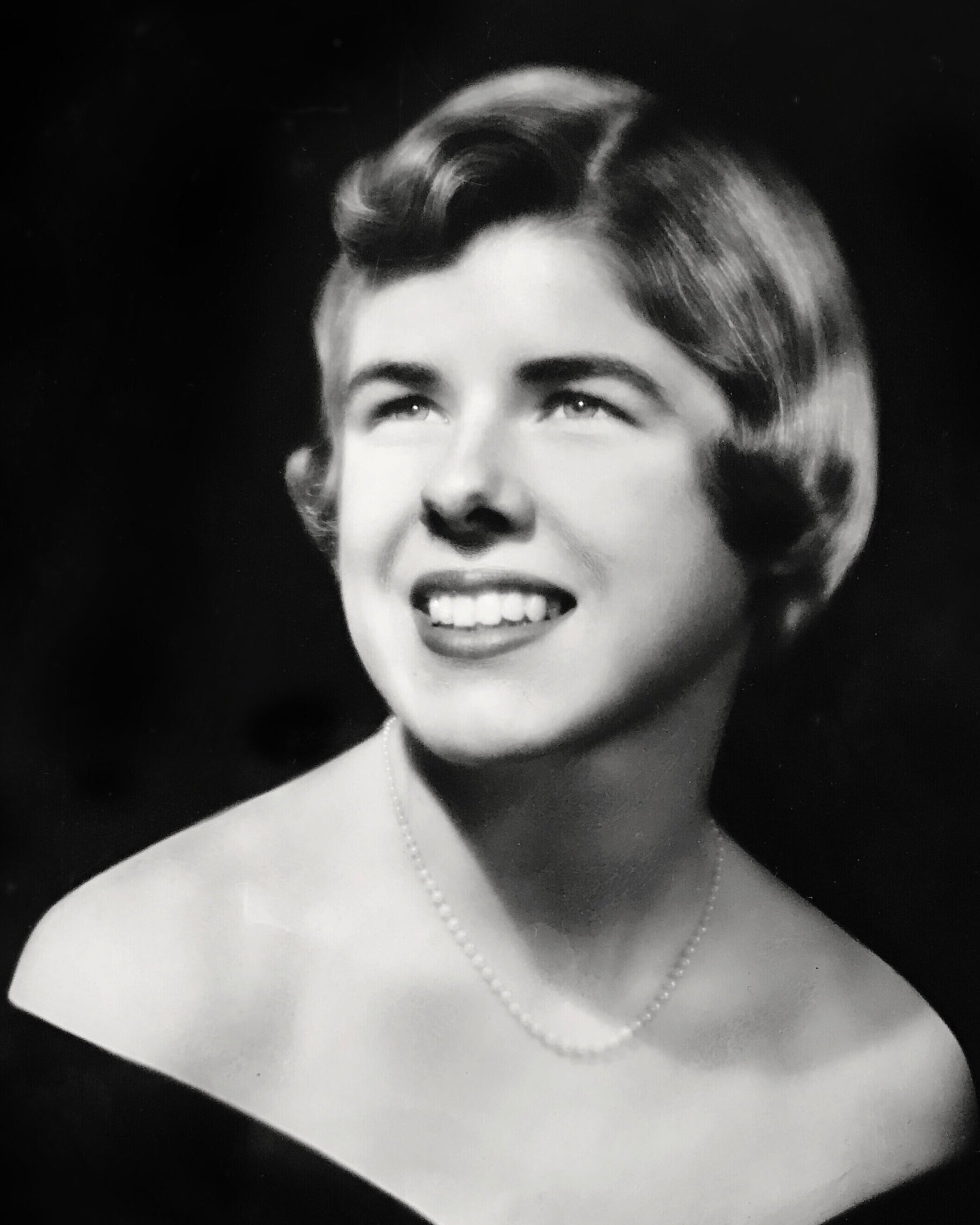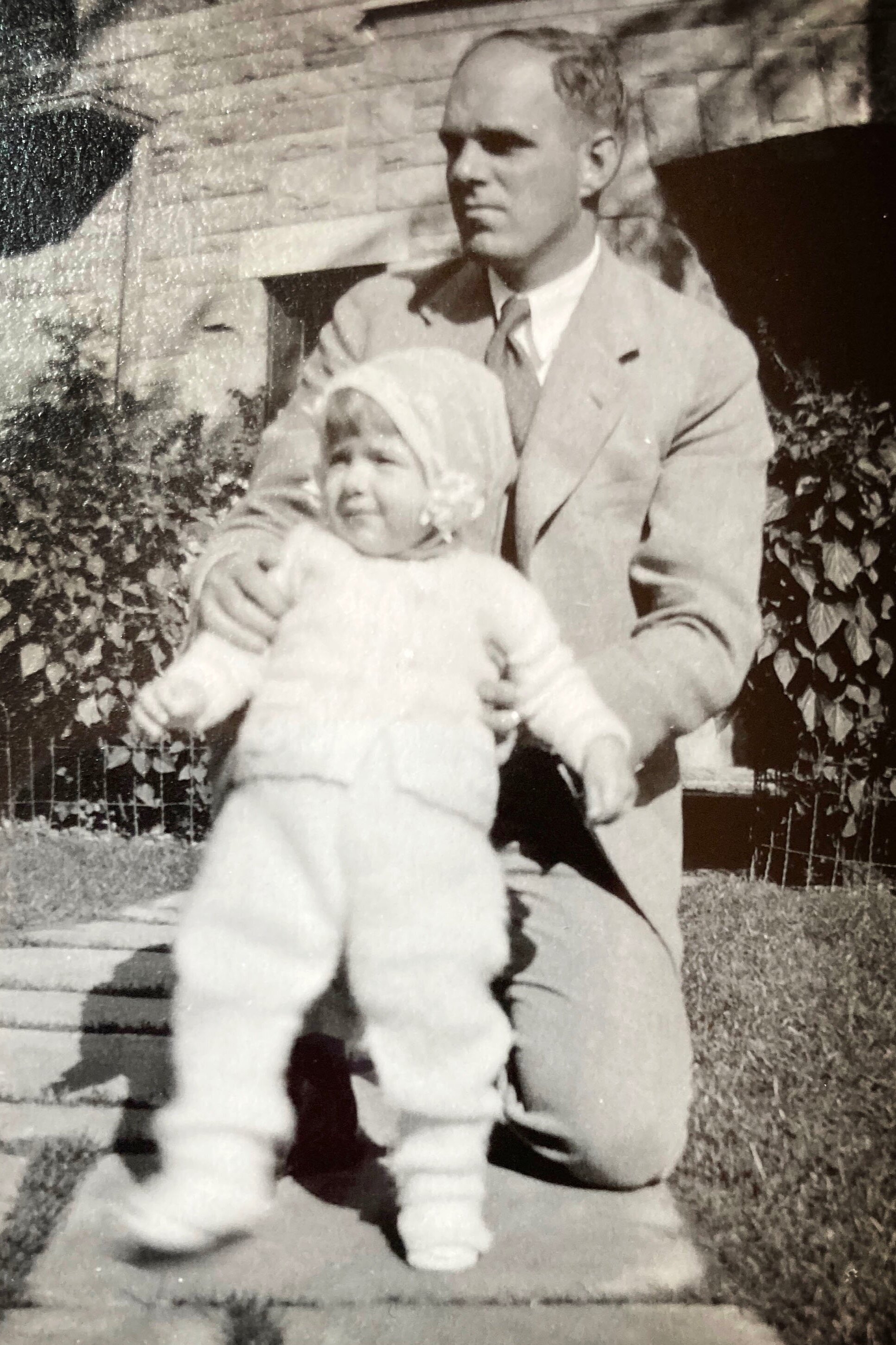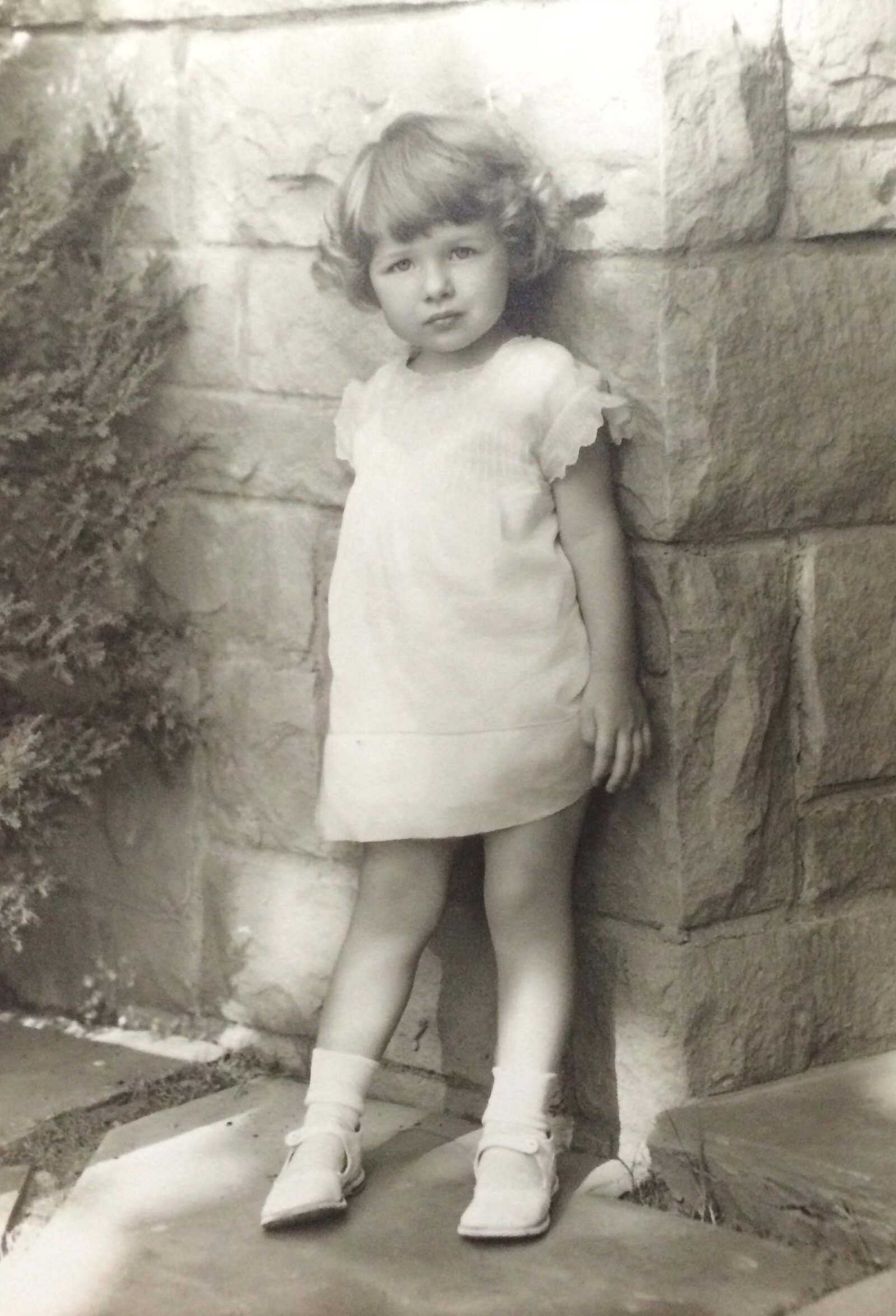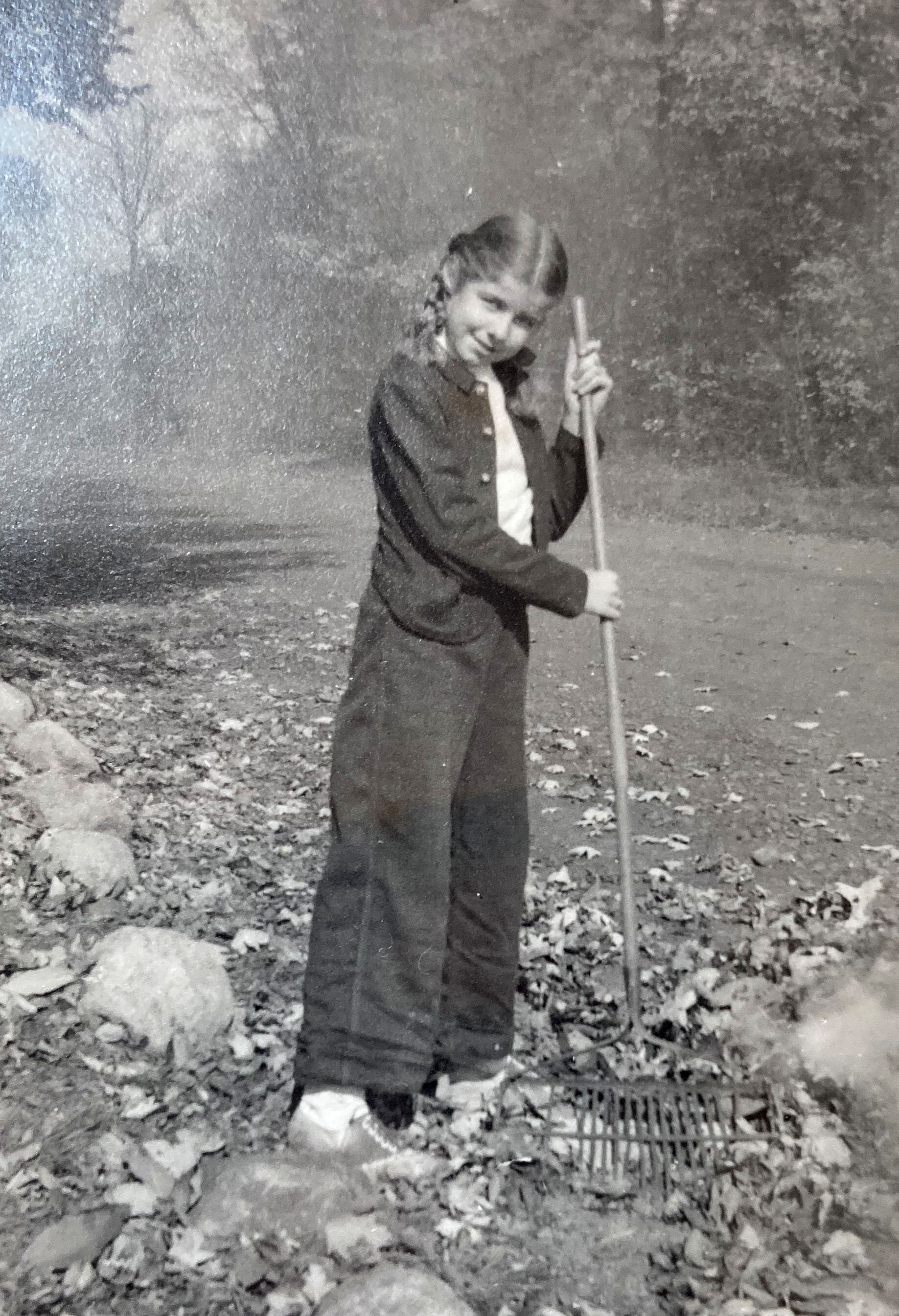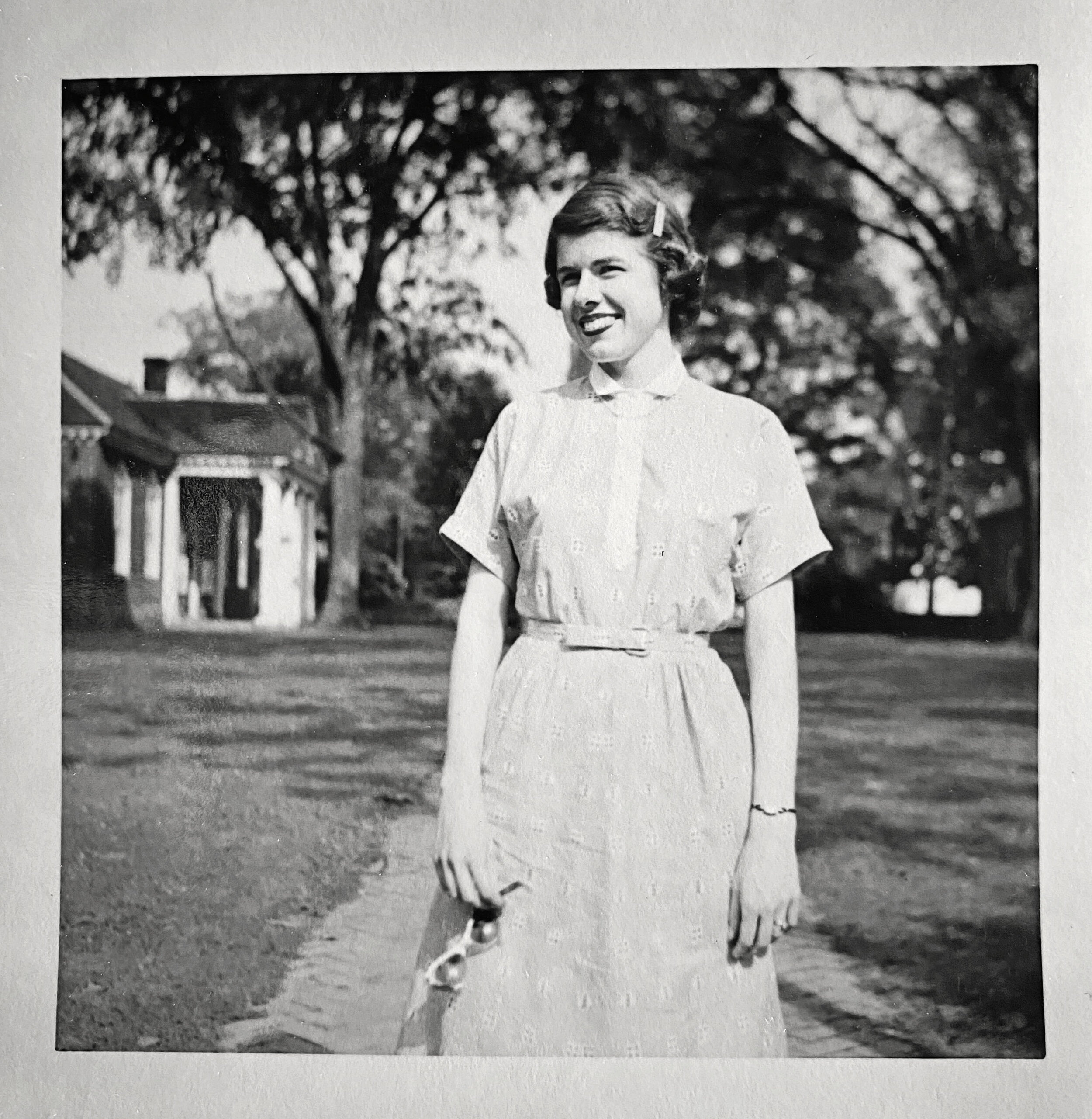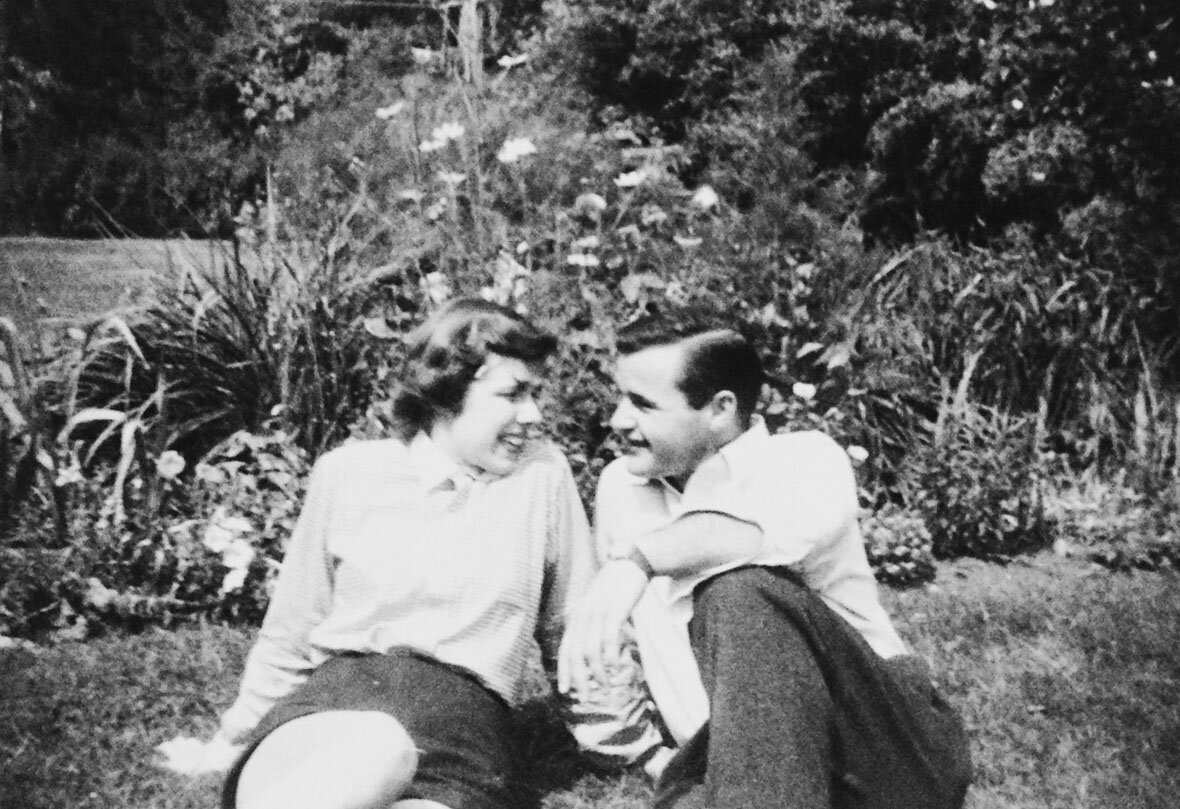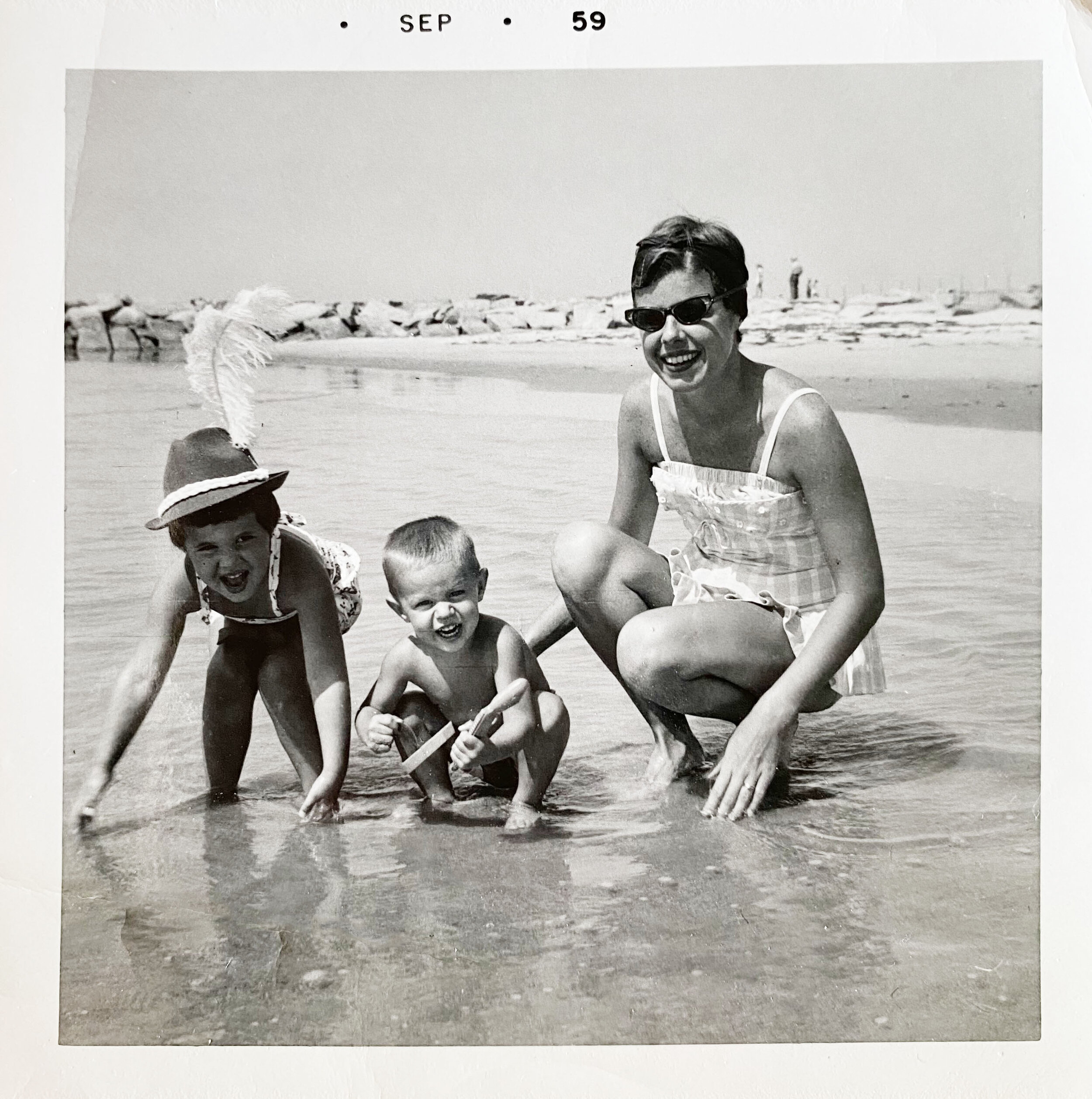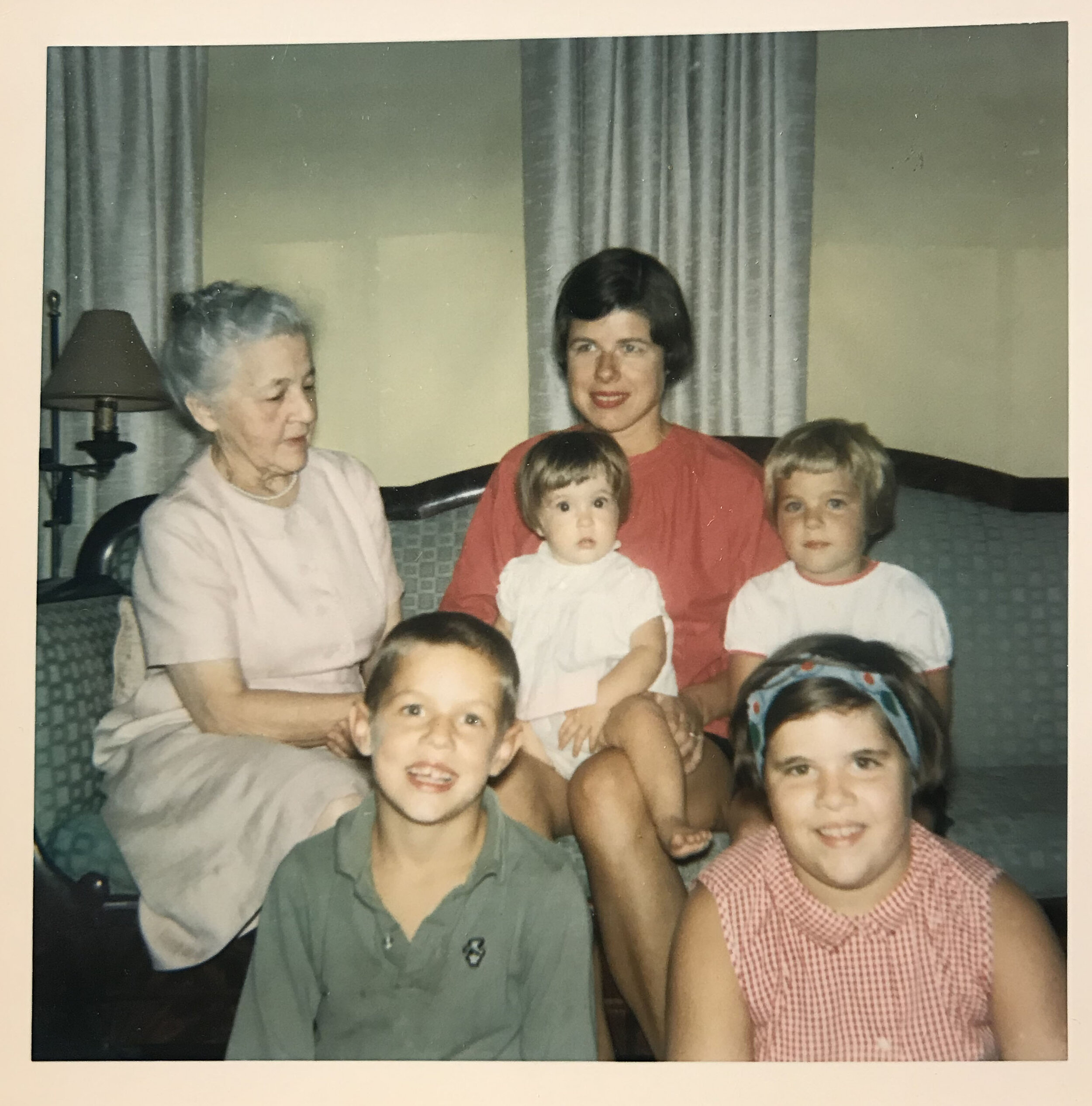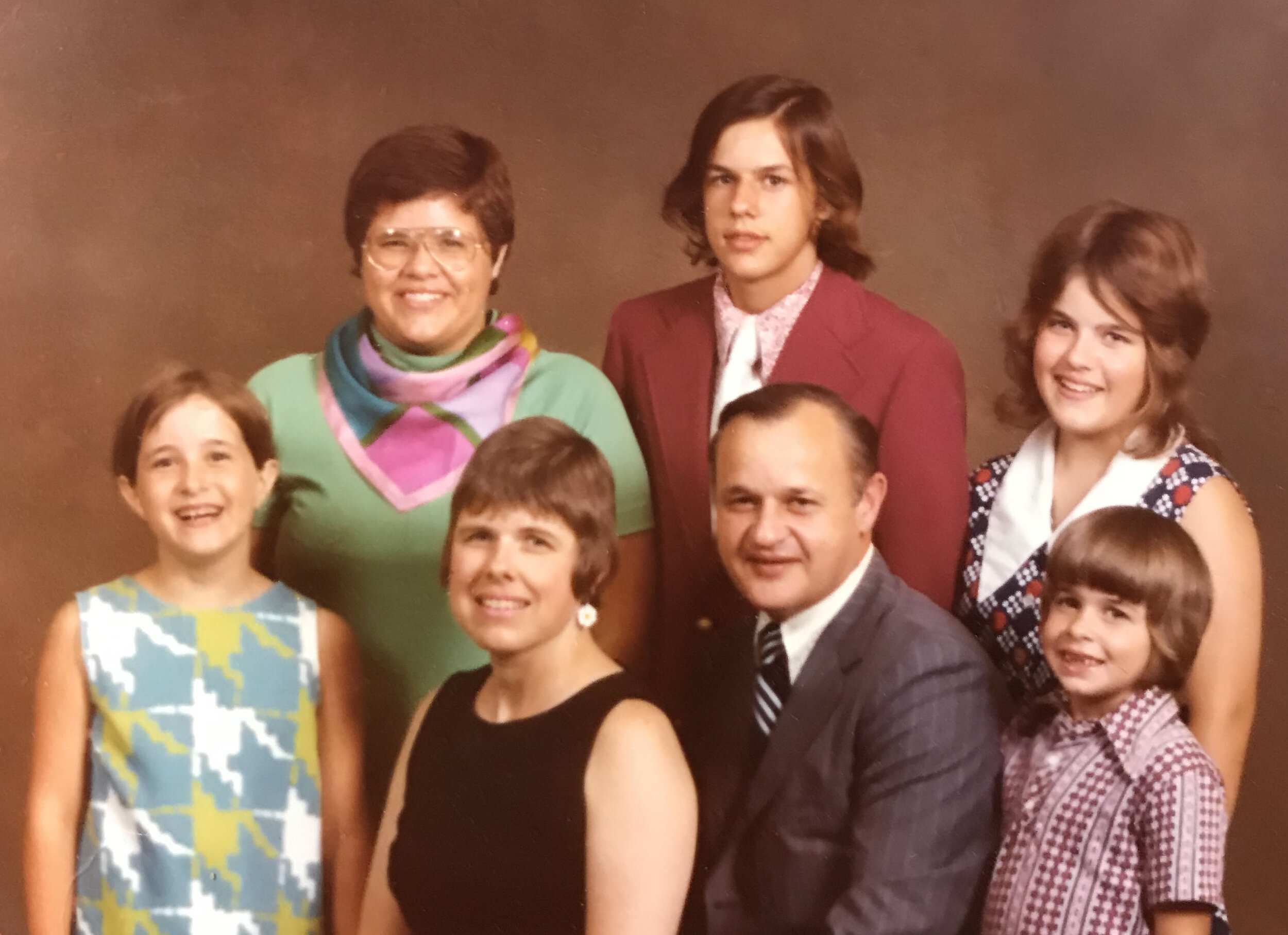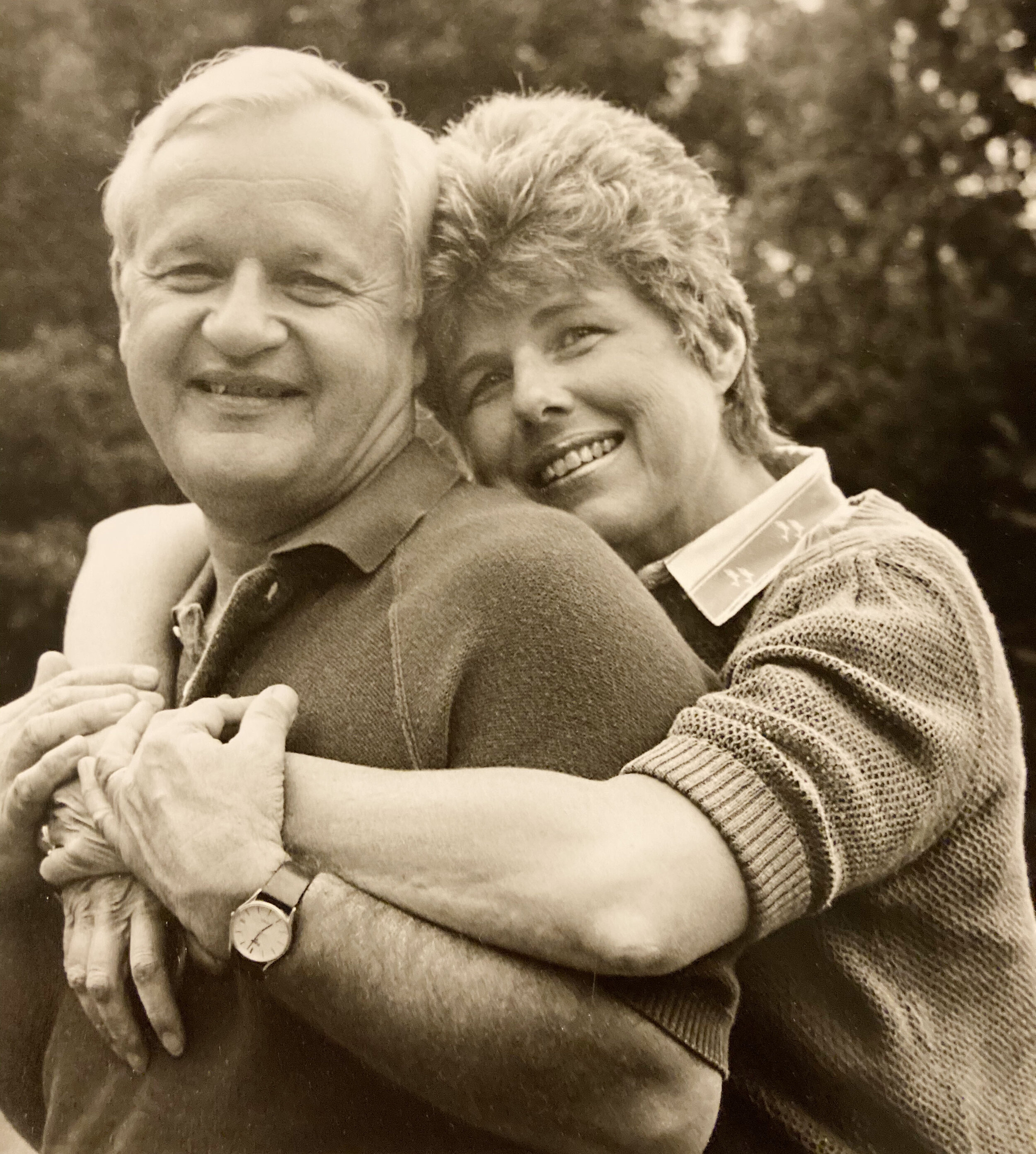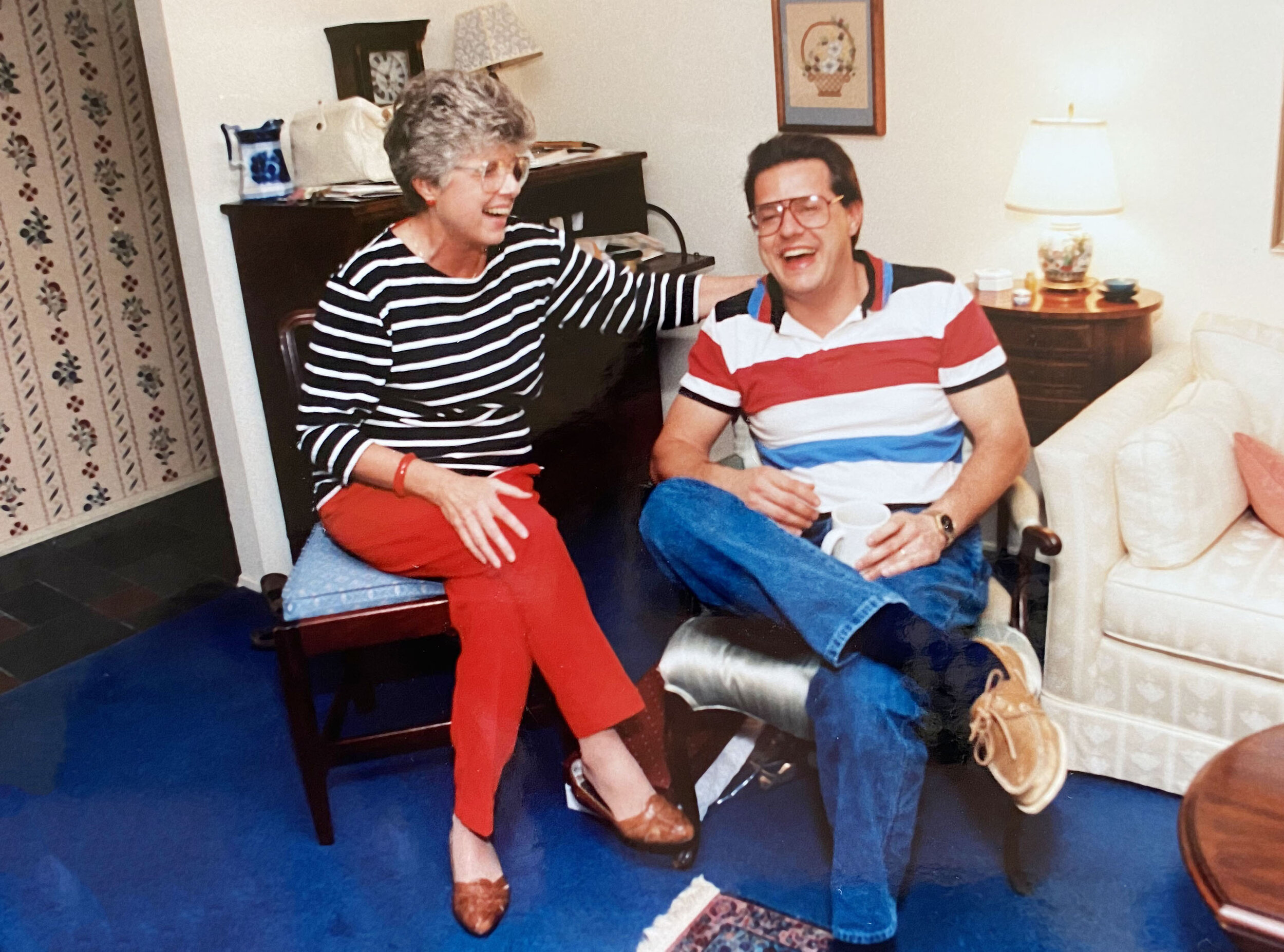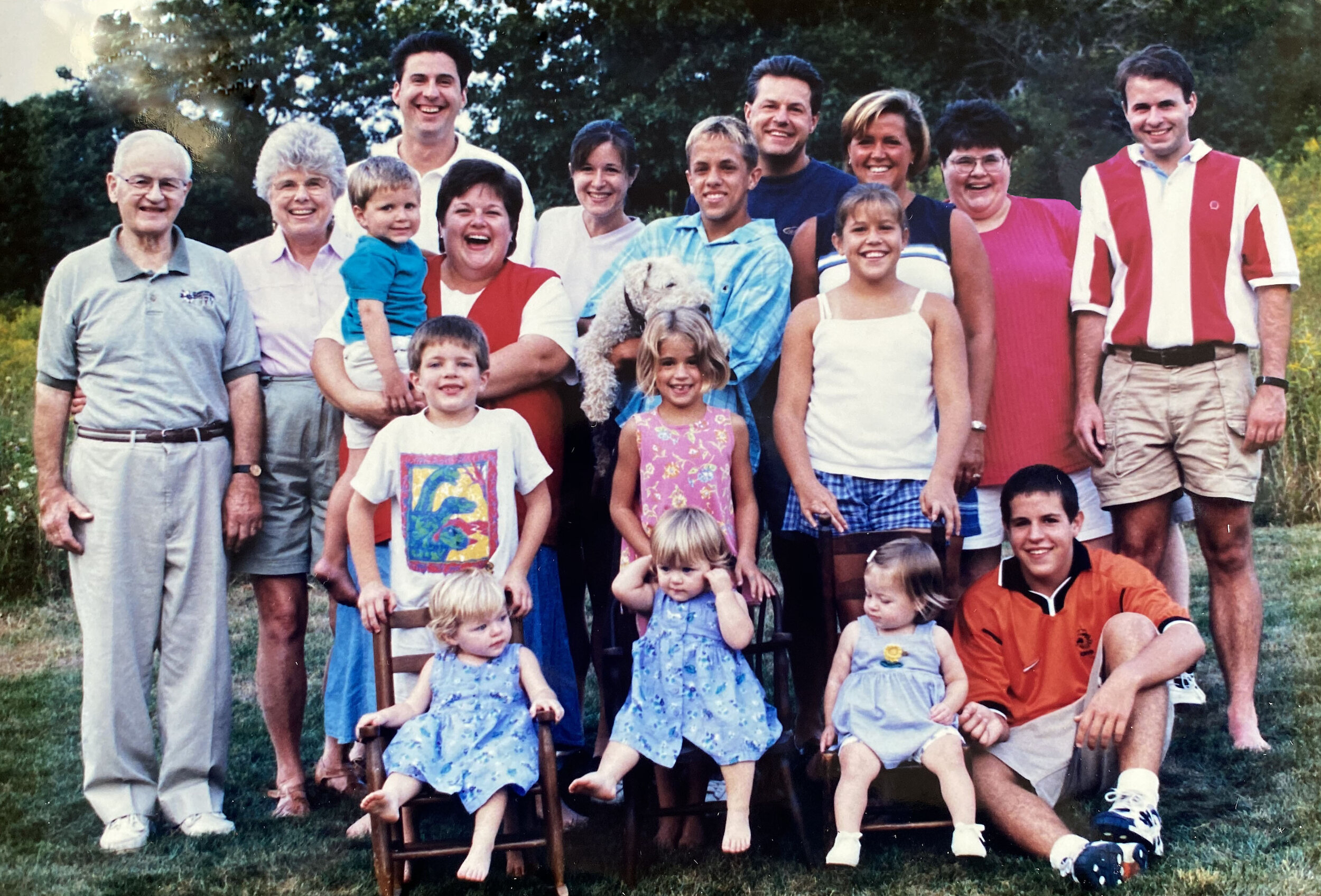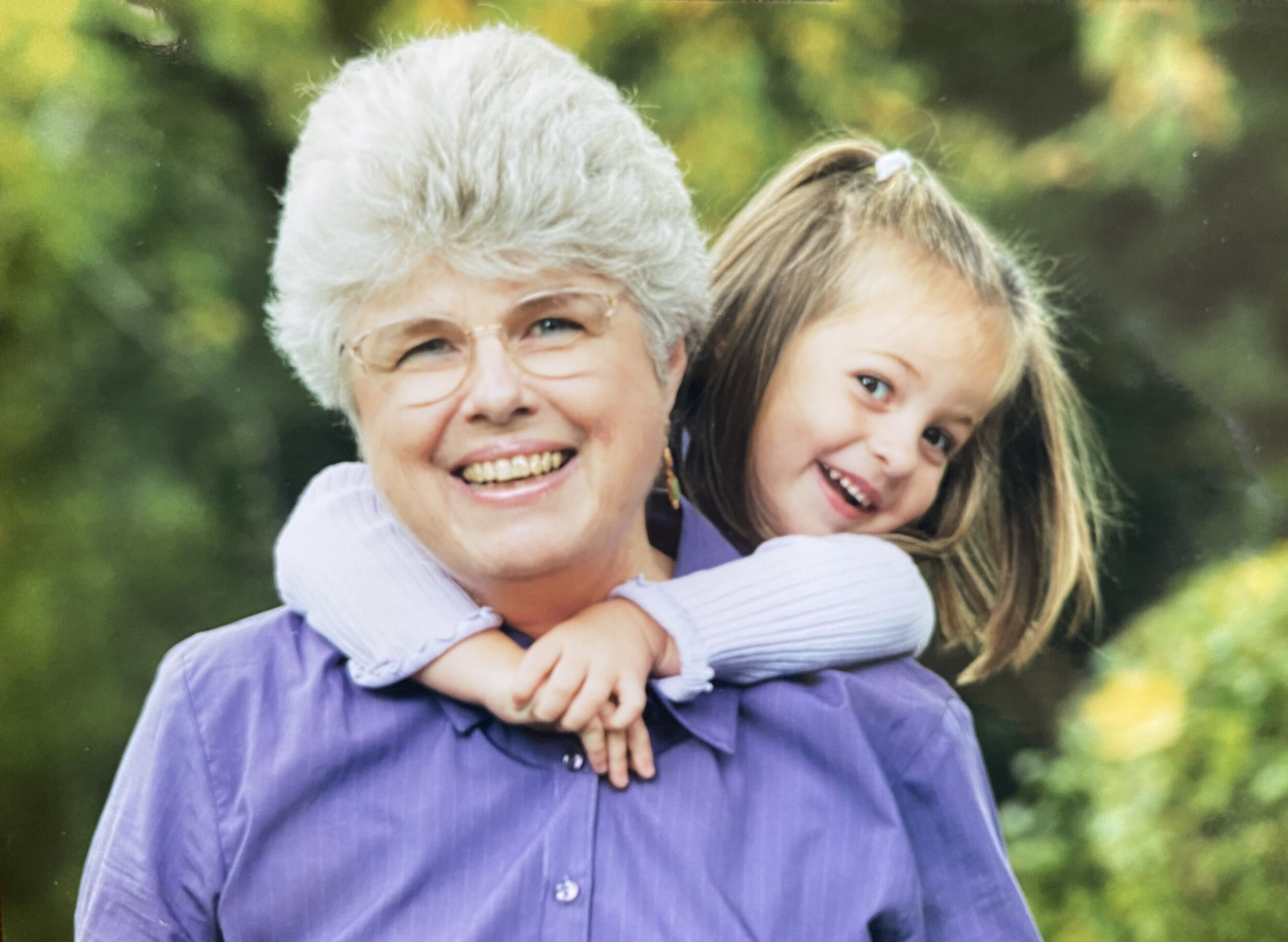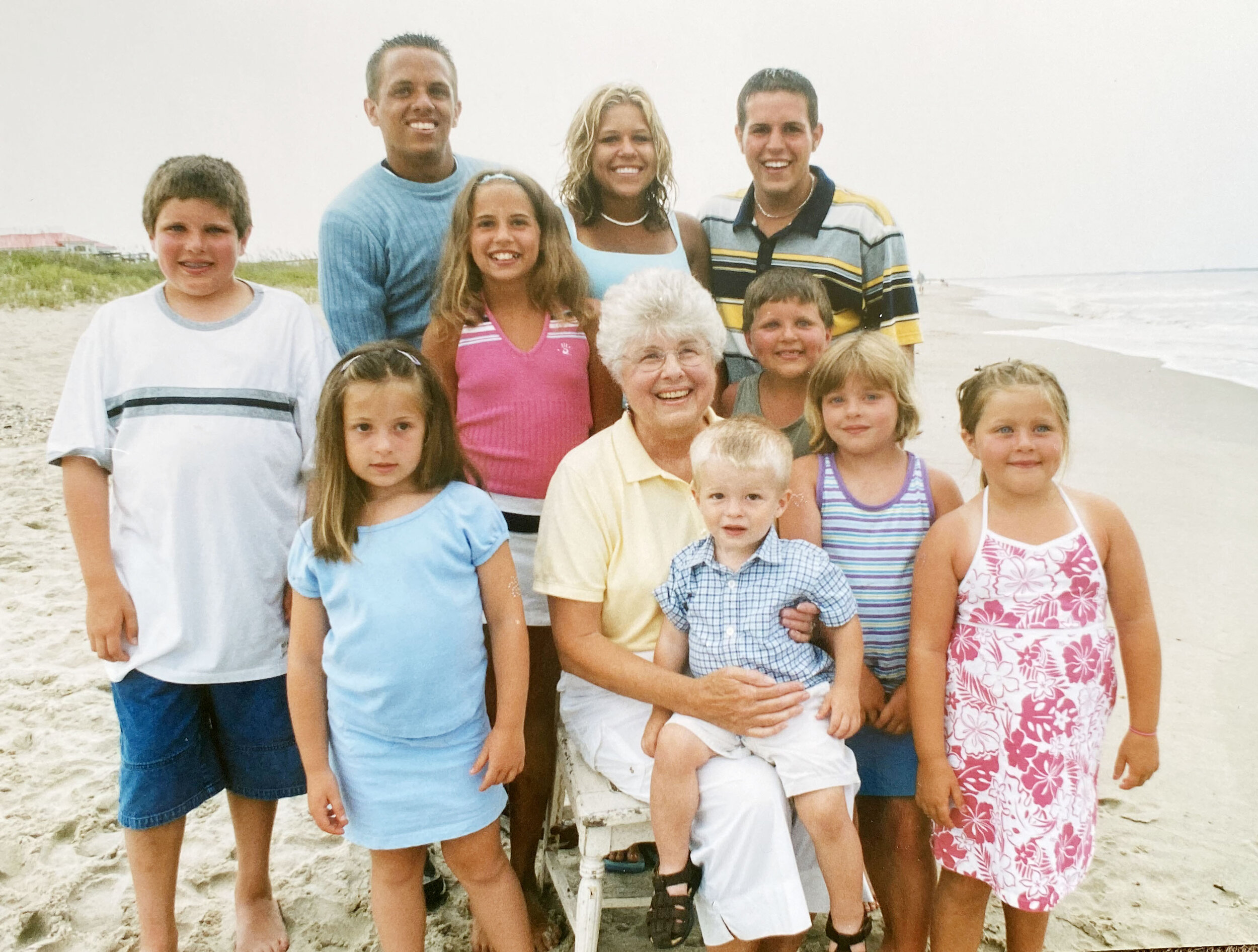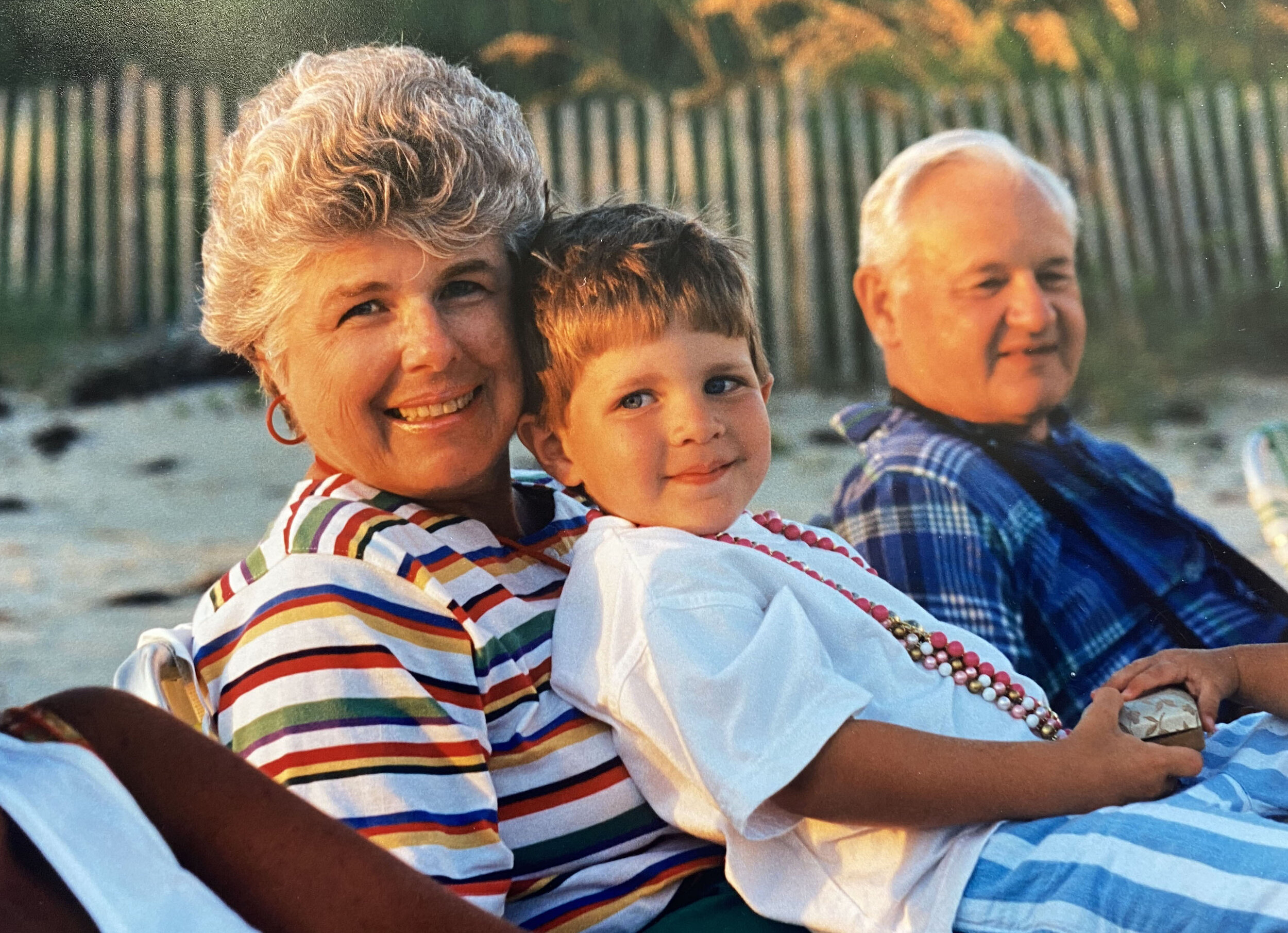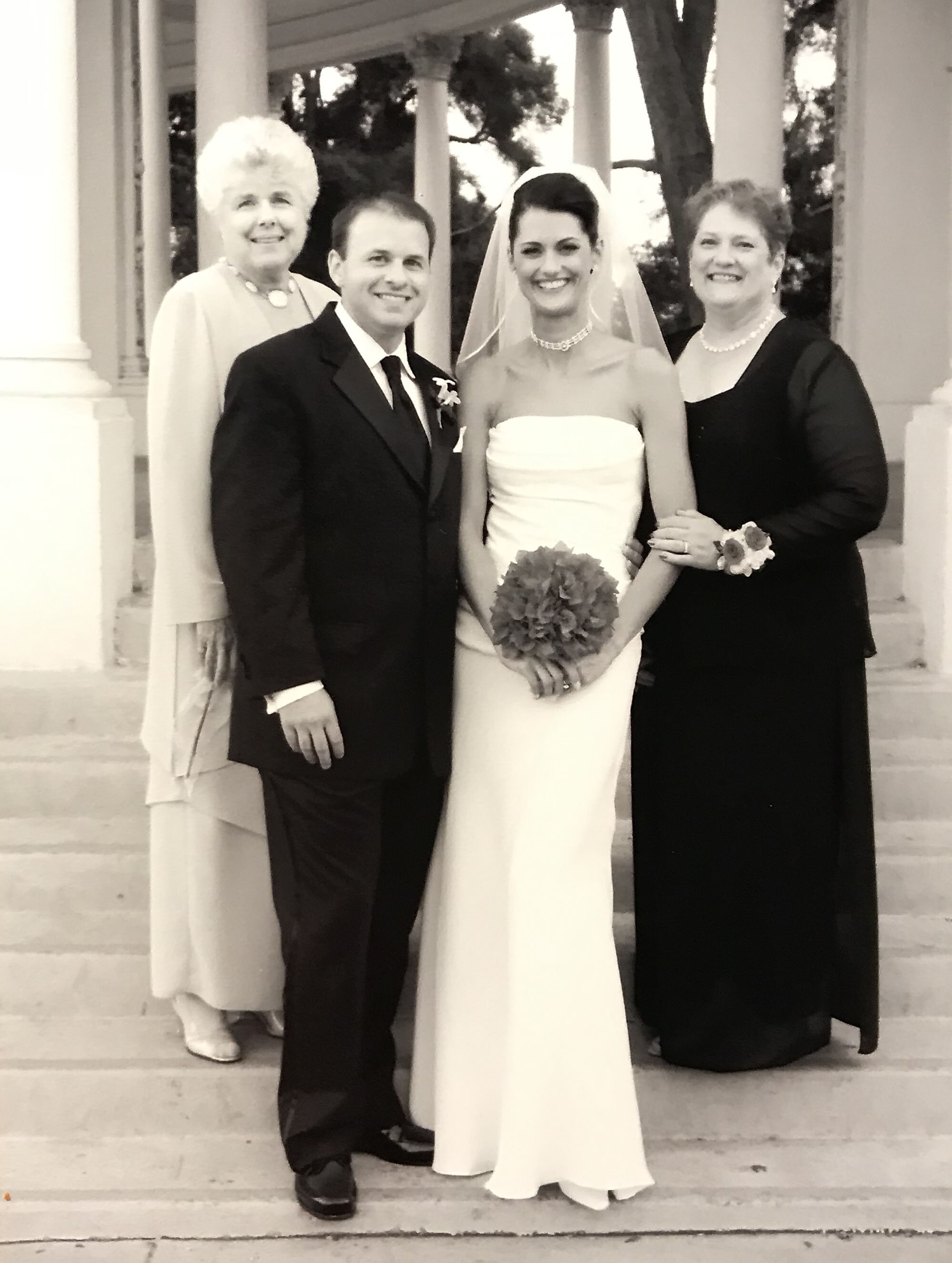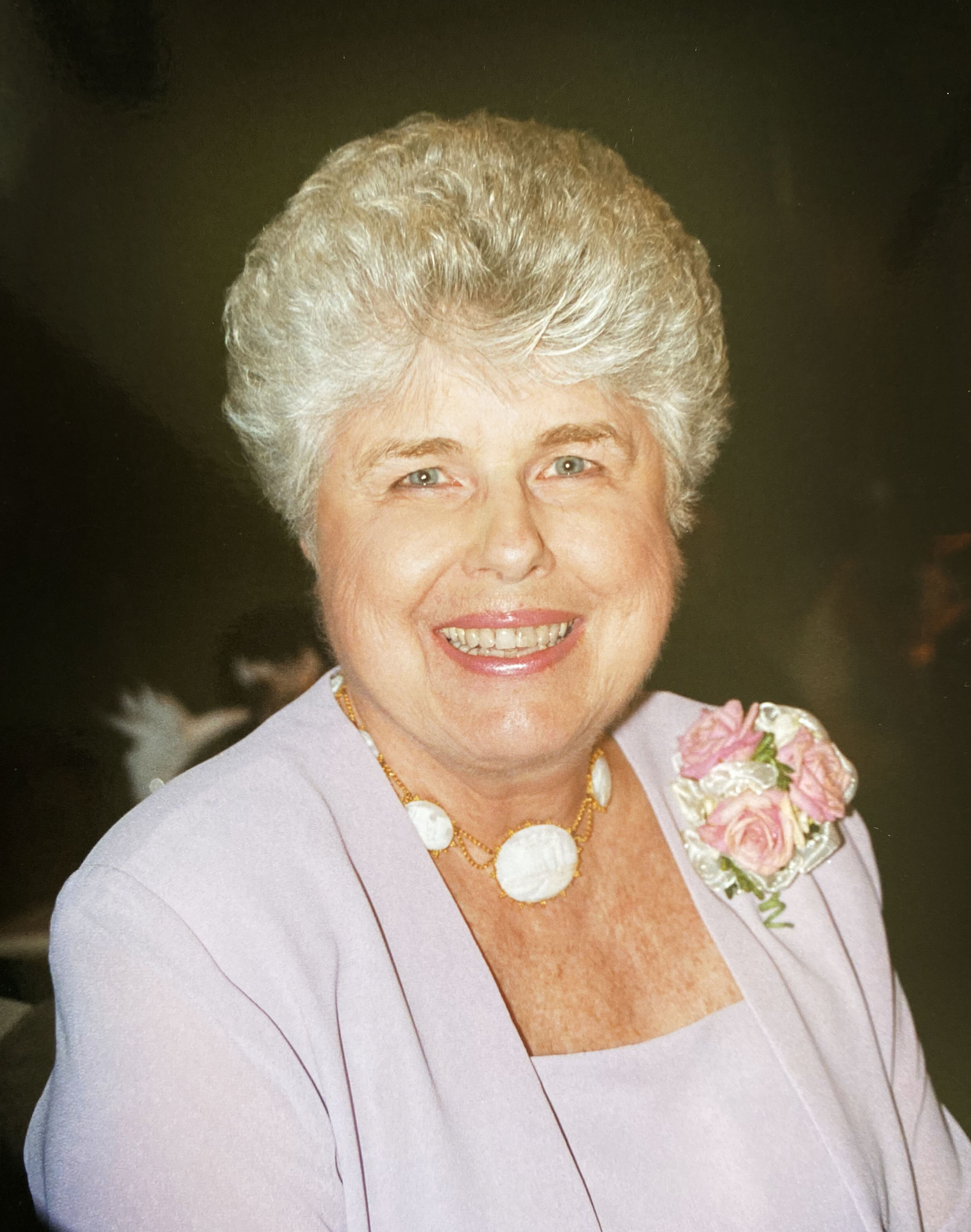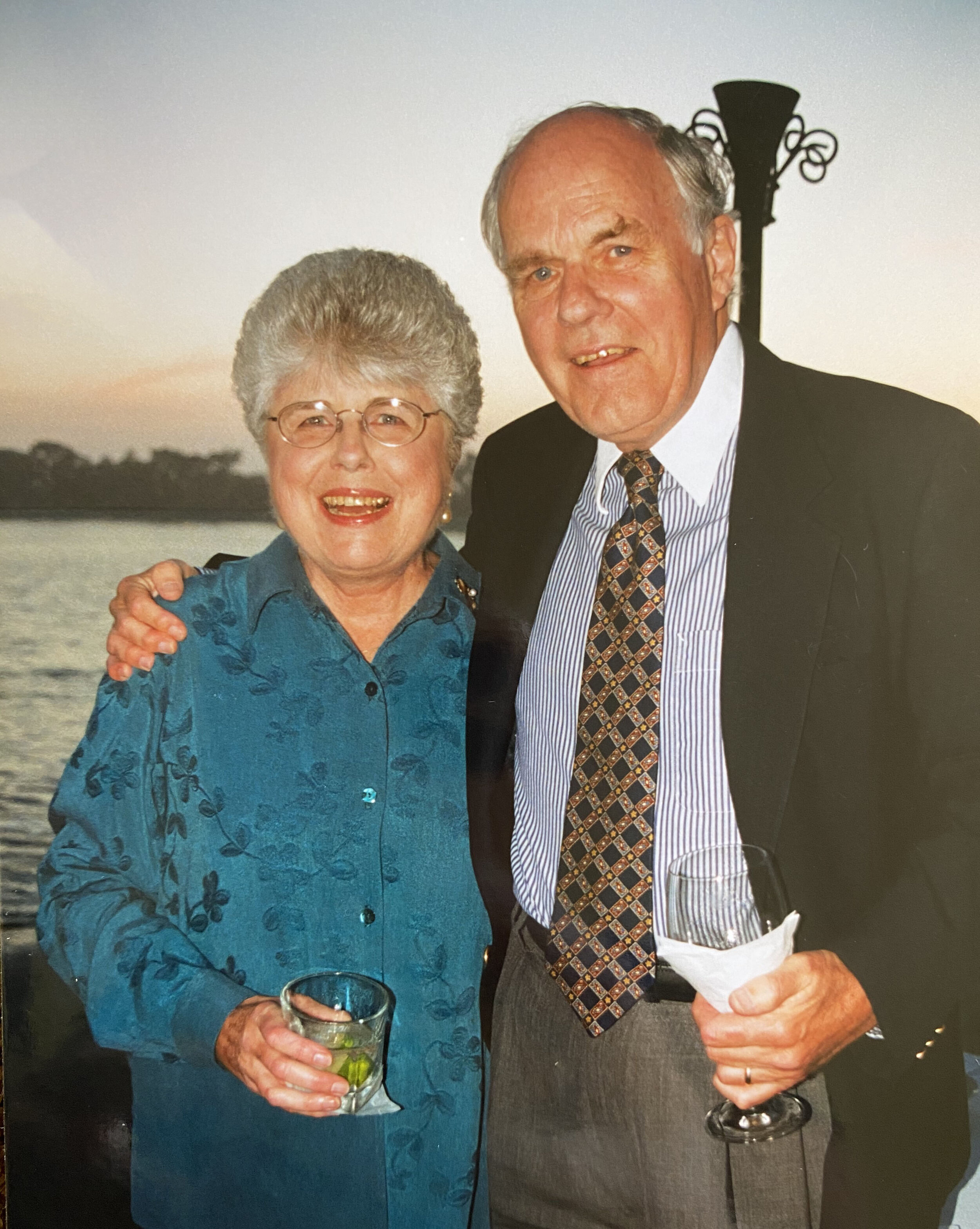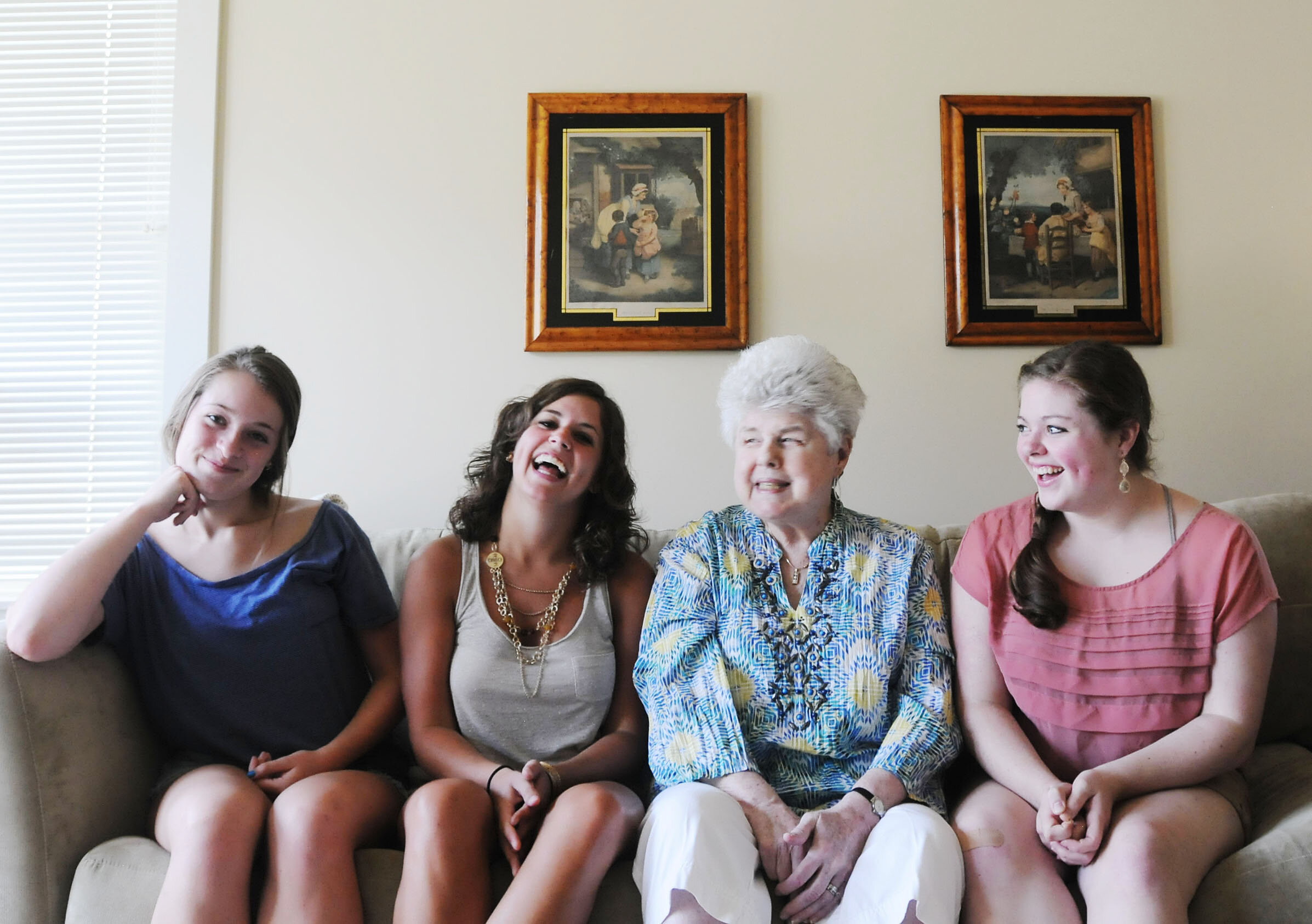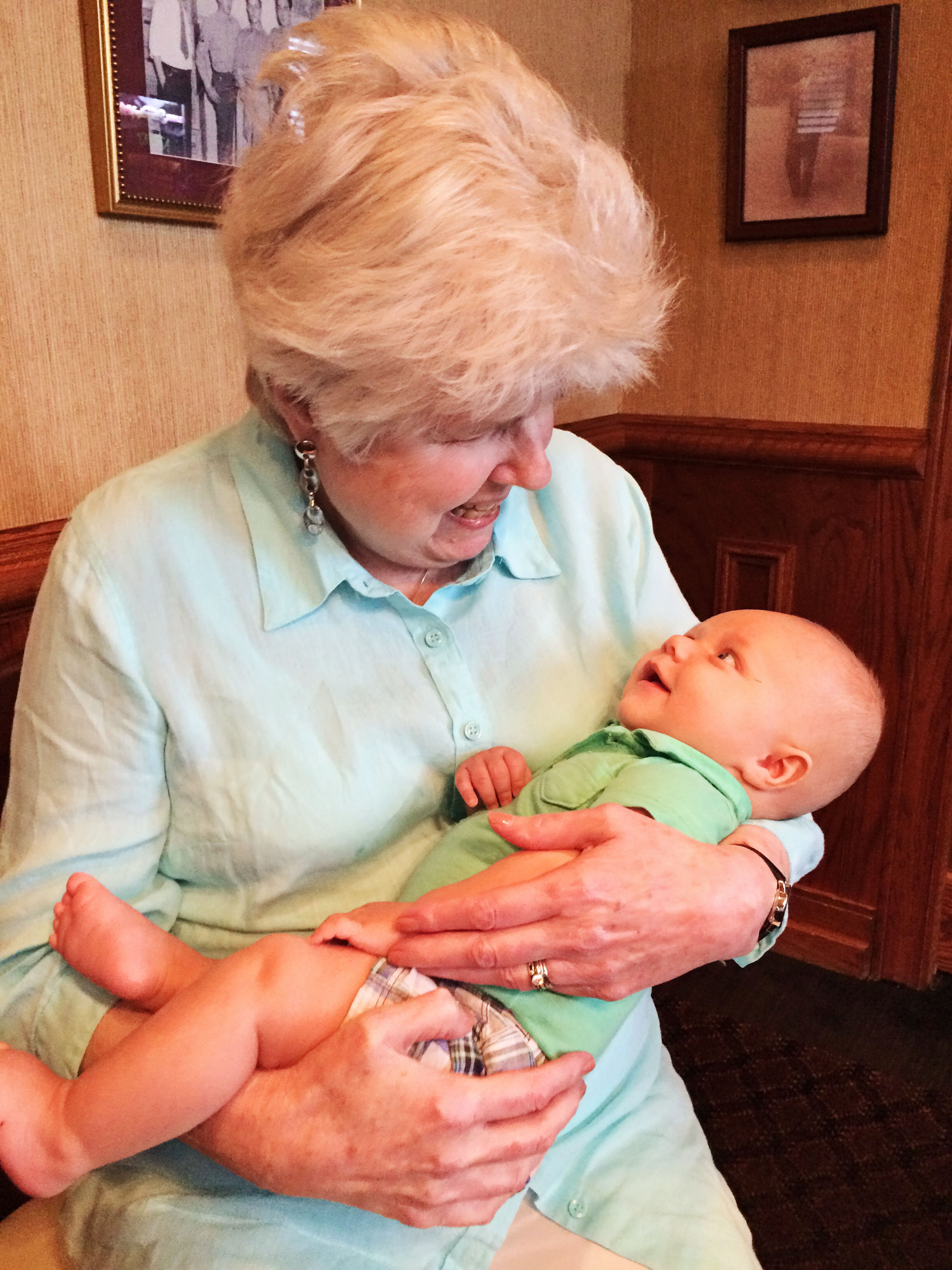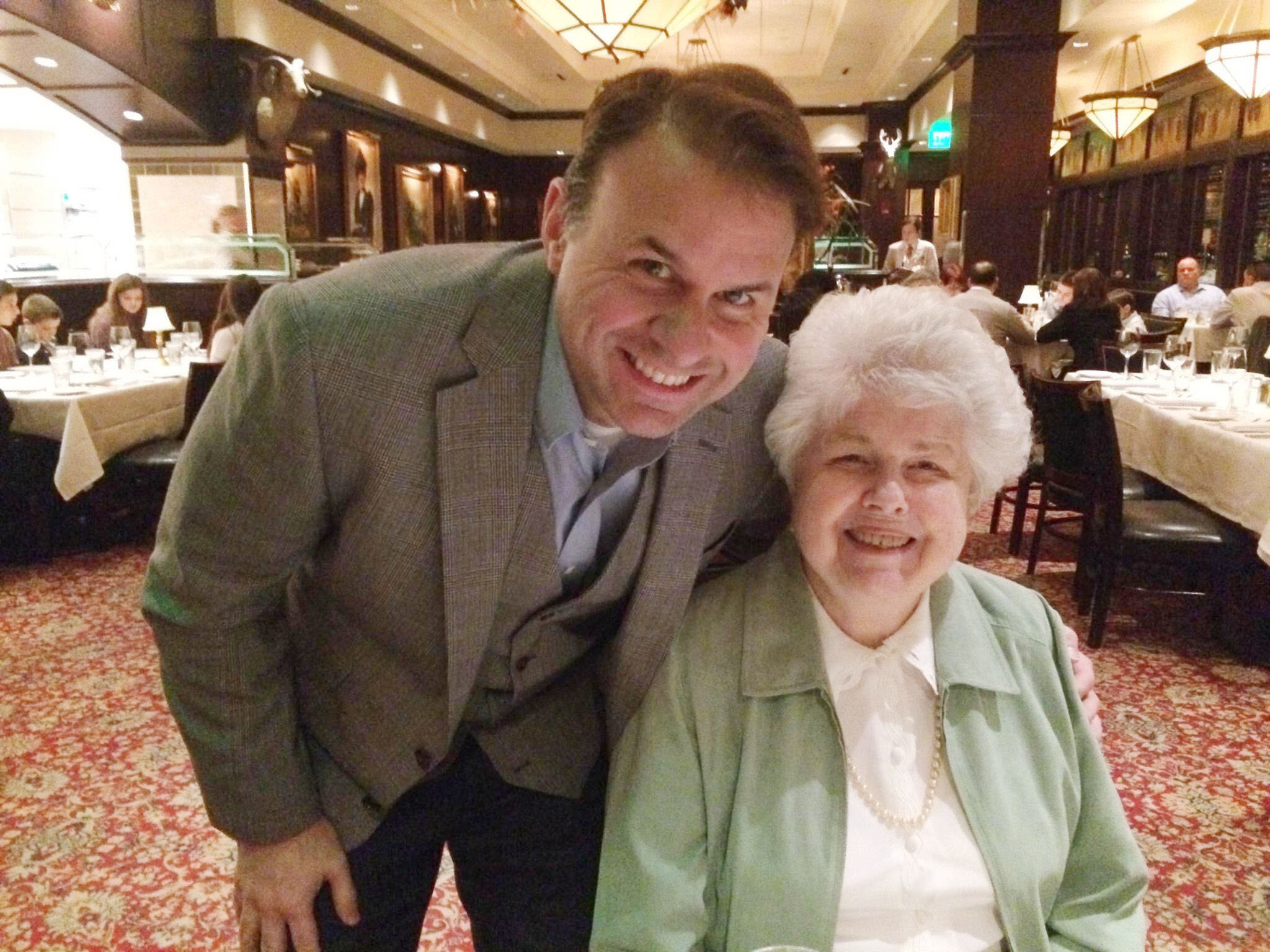She lived well. Loved better.
Click on each image to scroll through a photo gallery.
How will you measure your life?
I’ve been thinking a lot about that lately. And I’m not the only one.
Books explore it. Movies romanticize it. Boy bands pine for it. The dying confess to not pursuing it enough.
What is “it?” What is this unit of measurement for a life well-lived?
Most call it “love.”
L-O-V-E.
Simple word. Just four letters. Been around for centuries.
Yet it remains elusive. To many of us, anyway.
We keep searching for it. Year after year. Month after month. Day after day. Moment by moment.
We’re lifting couch cushions, digging deep into our pockets and purses, scrolling endlessly through social media, mixing potions and elixirs.
Yet it’s right there. Right in front of us. Practically begging for us to share it.
“My dear children, let’s not just talk about love; let’s practice real love.” — 1 John 3:18
But we keep looking for love in all the wrong places.
*****
Really.
That’s the word. That’s the one I’ve been looking for to define Nancy Allen Maxson. She left our world last week and took a piece of her daughter’s heart with her.
Sally and I have been talking a lot since her mother passed away just hours before Thanksgiving. Actually, I haven’t done much talking. Mostly listening. I want to learn to love better. I want to hear what Sally learned about love from her mother.
As she reflected on precious moments, I could see Sally’s empty heart filling up again with the lessons and words her mother left behind. It was an elegant reminder that our loved ones never really leave us. They simply ignite an eternal flame that continues to burn brightly through those who’ve been touched by it.
Sally asked me for a word to describe her mom.
Mine was “really.”
Really.
Nancy Allen Maxson uttered that word when Sally invited me to meet her parents for the first time. I can still see it. I can still hear it. I was sharing a rather mundane tale and paused to sip my water.
“REALLY?”
At that exact moment I really felt welcome.
I really felt a sense of belonging.
I really believed she wanted to know more of my story.
But the word she used wasn’t just the everyday, average “really” you might hear at the bank or the barbershop.
This one packed some power. It built to a crescendo.
All caps. And in italics.
“REALLY?”
As in, “Your story matters. Tell me more.”
So what can the word really teach us about love?
Love says, “I hear you.”
A pencil.
Probably cost a nickel, if that.
Decades later, Sally still hasn’t forgotten her mother showing love through a pencil. A pencil with a smiley face on it. A pencil with the words, “God loves you,” printed on it.
Yet it wasn’t just the pencil. It’s the way her mother gifted it to Sally as she sat on the steps in her home. Even though her brother, Tom, was perched right next to her, Sally felt as if she were the only person in the house. You can imagine how special that was for a kid with four siblings.
“She looked me right in the eye. She always looked me right in the eye when she talked to me,” Sally remembered.
“Tenderly and sweetly, mom said, ‘This is for you.’ You would have thought it was the greatest gift in the world.”
In many ways, it was.
It sounds odd, but Sally cherished that pencil. She not only used it to write, but to remember what a mother’s love looks like on paper, in bold letters scrawled from lead. She kept using that pencil until it had whittled down to the size of a cigarette butt. Then she just kept it. Close to her heart, of course.
So what can a pencil teach us about love?
Love says, “I see you.”
It’s a children’s book. About a little engine, of all things.
Decades later, Sally remembers her mom reading that book. Tenderly, softly, sweetly, like she always did.
Written in 1930, “The Little Engine That Could” is a classic tale about optimism and perseverance.
No doubt you’ve heard of it. I’m guessing you’ve read it. I’m willing to bet that millions of parents have read it to their children at some point.
I think you can, I think you can, I think you can … recite its most famous phrase, too.
But that’s not the one Sally remembers most.
“Mom was the epitome of positivity. She had some down days, but there weren’t many. She was such a great encourager.”
And the most powerful phrase she would utter at bedtime wasn’t even written on the pages.
“When mom would finish reading it, she would close the book and say to me, ‘I KNOW you can. I KNOW you can.’ ”
All caps. In italics.
Years later, Sally allowed that childhood message to morph from insecurity to a lead role in the high school play and her career as a professional photographer. And she’s been conveying that message to our own children.
Whether they think they can or not, she KNOWS they can.
So what can a children’s book teach us about love?
Love says, “I believe in you.”
I see you.
I hear you.
I believe in you.
Nancy Allen Maxson was a classically trained soprano with a prestigious degree from Northwestern University. She earned it at a time when a lot of women didn’t earn degrees from prestigious universities. So she made sure to use her angelic voice to delight audiences in many different venues. But more important, she used that voice to inspire and encourage.
She used her voice to practice love.
Thank you, Mom Nancy, for igniting that eternal flame in such simple, yet unforgettable ways.
I have full confidence it will burn brightly until we hear your voice again.
Your daughter will make sure of it. And so will our kids.
In fact, I KNOW they will.
All caps. In italics.
Just like grandma.
(Tim Kolodziej is the creator of EnspireU.com and author of this piece. If you would like to receive encouraging/inspiring messages, videos, and motivational stories each morning, text him at (412) 226-4977.)
